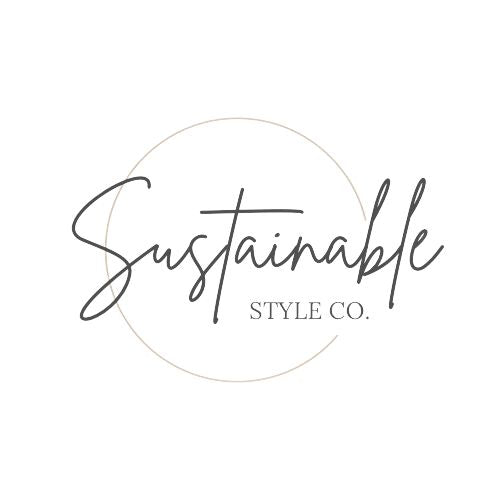At Sustainable Style Co., we believe that fashion should not come at the expense of our planet. The fast fashion industry, characterized by its rapid production and consumption of cheap, trendy clothing, has a significant environmental impact. In this blog post, we will explore the detrimental effects of fast fashion on the environment and why embracing a sustainable and minimalist approach to fashion is crucial for a greener future.
1. Overconsumption and Waste:
Fast fashion encourages a culture of overconsumption, where trends change rapidly, and clothing is discarded after only a few uses. This leads to an alarming amount of textile waste. According to the Environmental Protection Agency, the average American throws away about 70 pounds of clothing per year. These garments end up in landfills, where they contribute to greenhouse gas emissions and take years to decompose. By embracing sustainable style, we can reduce waste by investing in high-quality, timeless pieces that are designed to last.
2. Water Pollution and Resource Depletion:
The production of fast fashion garments requires vast amounts of water. From growing cotton to dyeing fabrics, water is a precious resource that is often misused and polluted. The World Wildlife Fund estimates that it takes 2,700 liters of water to produce a single cotton t-shirt, equivalent to the amount of water an individual drinks in 2.5 years. Additionally, the chemicals used in textile dyeing and finishing processes often end up in rivers and oceans, polluting water sources and harming aquatic life. By choosing sustainable fashion, we can reduce our water footprint and support brands that prioritize responsible water usage and eco-friendly dyeing processes.
3. Carbon Emissions and Climate Change:
The fast fashion industry is a significant contributor to carbon emissions and climate change. The production, transportation, and disposal of clothing all contribute to greenhouse gas emissions. The fashion industry is estimated to be responsible for 10% of global carbon emissions, more than international flights and maritime shipping combined. By opting for sustainable fashion, which focuses on ethical sourcing, local production, and reduced transportation, we can significantly reduce our carbon footprint and mitigate climate change.
4. Exploitation of Workers:
Fast fashion is often associated with unethical labor practices, including low wages, long working hours, and unsafe working conditions. Many garments are produced in countries with lax labour regulations, where workers are subjected to exploitation and abuse. By supporting sustainable fashion brands that prioritize fair trade and ethical manufacturing, we can contribute to a more equitable and just fashion industry.
The environmental impact of fast fashion is undeniable. From overconsumption and waste to water pollution and carbon emissions, the fashion industry has a significant role to play in addressing these issues. At Sustainable Style Co., we are committed to offering a curated collection of high-quality, timeless pieces that promote conscious consumption and reduce the environmental impact of fashion. By embracing sustainable style, we can make a positive difference and contribute to a greener future.

